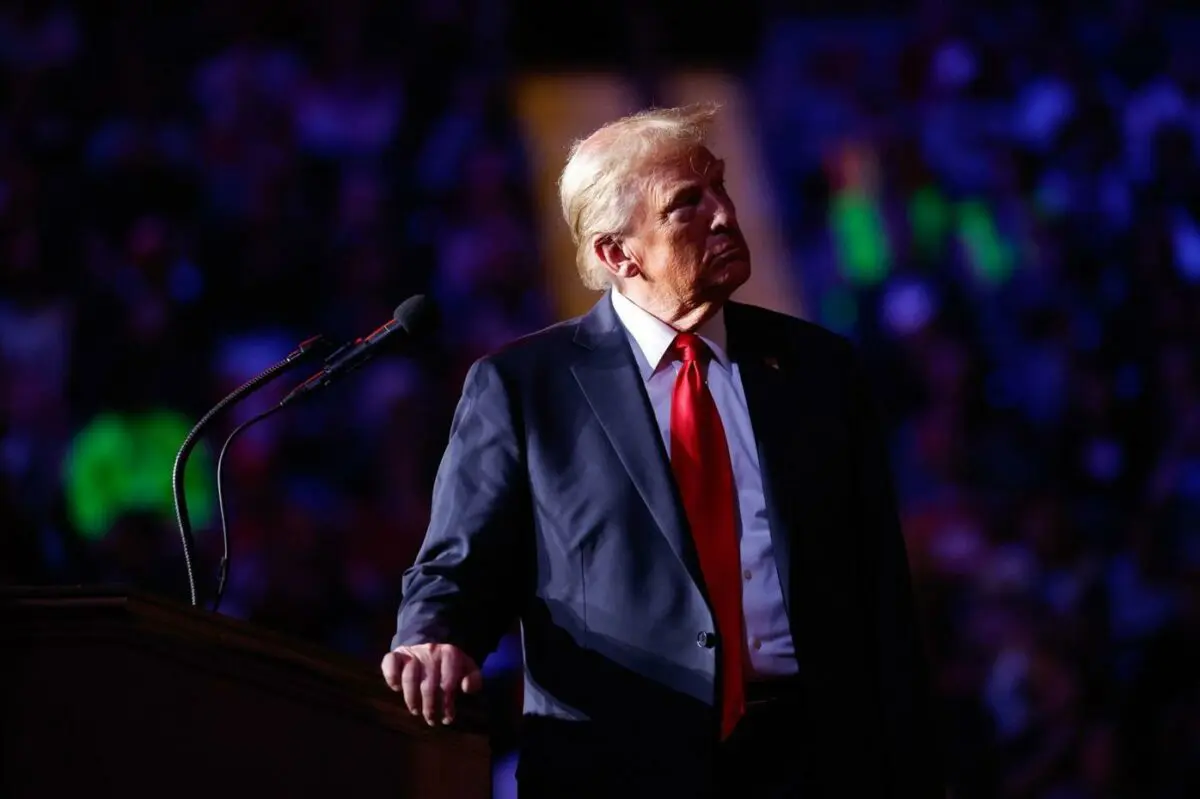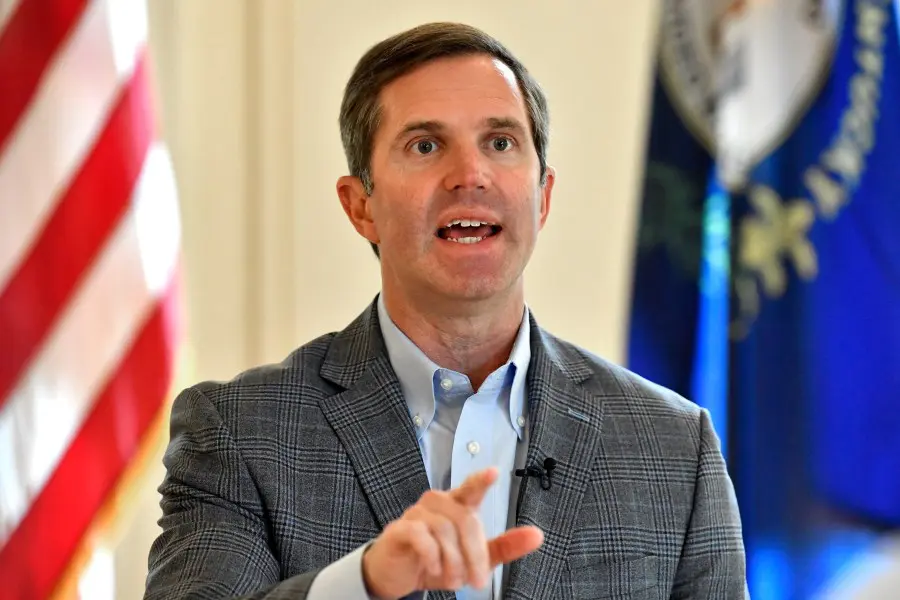The recent developments surrounding CBS News and the Federal Communications Commission (FCC) have created quite a stir in the media landscape. CBS has consented to hand over the complete transcript of Kamala Harris’s interview, which aired on ’60 Minutes,’ directly to the FCC. This decision arises amid controversies over the content of the interview, raising questions about media ethics and the dissemination of information. Artists, journalists, and political analysts are all keen to explore the implications of this move on the broader narrative of political transparency and media responsibilities.
The inquiry was prompted by a complaint linked to former President Trump, who took issue with how the interview may have been edited. The FCC’s involvement indicates that this is not just a simple matter of media disclosure; it involves deeper legal and political ramifications. Observers are reflective of how this situation could redefine the relationship between government bodies and the media. As the news unfolds, public interest continues to grow, showing the intertwining of politics and media in today’s landscape.
Impact of the FCC Inquiry on CBS News
The ongoing inquiry from the FCC raises significant questions about the responsibility of media outlets in shaping narratives. CBS, known for its reputable journalism, now finds itself under scrutiny. In an era where misinformation is rampant, ensuring the authenticity of news broadcasts has never been more vital. The public’s trust in the media is fragile, and incidents like this could potentially jeopardize that trust. By complying with the FCC, CBS is walking a tightrope of transparency, demonstrating that it can be held accountable.
Transparency and Accountability in Journalism
The demand for transparency in journalism is more pronounced than ever. Media organizations are often criticized for perceived biases and selective reporting. In a time when every piece of information is subject to scrutiny, CBS’s decision to comply with the FCC’s request could signal a shift toward greater accountability. Will other media outlets follow suit? Will audiences demand more transparency from their news sources? These questions linger in the air, inviting further discussion about the ethical responsibilities of media.
Legal Ramifications for CBS
This FCC inquiry also has potential legal ramifications for CBS. If the lawsuit from Trump continues to gain traction, CBS may face serious repercussions regarding how it curates its content. The question arises as to whether the government should influence the media’s editorial decisions. This dispute might catalyze serious reevaluations of how media freedom and government oversight coexist.
The Role of Media in Democracy
The intersection of media and politics is pivotal to understanding the fabric of democracy. This situation involving CBS and the FCC highlights the media’s role as a watchdog while simultaneously showing the vulnerabilities inherent in the system. The freedom of the press is designed to inform citizens, yet when that information comes under fire, it raises profound questions about the integrity of journalism in democratic societies.

Public Reaction to the CBS Compliance
The public response to CBS’s compliance with the FCC has been a mix of admiration and skepticism. Many applaud the decision as a step towards ensuring transparency, while others view it as a capitulation to political pressure. Public opinion varies widely, with social media platforms becoming hotbeds for debate. The discourse reveals deep-seated beliefs about media bias and the relationship between news organizations and political entities. As discussions unfold online, the ramifications of this inquiry stretch far beyond a single interview.
The Role of Social Media in Modern Journalism
In today’s digital age, social media platforms shape narratives and influence public perception. The dialogues sparked by CBS’s decision are amplified through Twitter, Facebook, and Instagram, creating a new dynamic where audiences participate in conversations about media integrity. Platforms like TikTok have even seen creative interpretations of the situation, turning serious news into viral content. This evolution of communication poses questions about how news is consumed and the role of audiences in shaping the narrative.
Comparative Analysis of Media Handling
A comparative analysis of CBS’s decision alongside other media organizations sheds light on varying approaches to transparency. Some networks have chosen to adopt a more confrontational stance when facing scrutiny, while others prioritize compliance. Exploring how different media brands manage similar situations can provide insights into the industry as a whole. The CBS-FCC controversy invites an examination of best practices and ethical considerations within journalism.
The Future of Political Interviews on Television
The events surrounding Kamala Harris’s interview could redefine how political figures engage with the media. In a world where interviews are scrutinized under a microscope, will politicians be more cautious about their engagements? The implications of this inquiry extend to the future of political dialogue on television, encouraging young journalists to rethink how they frame their questions and what perspectives they choose to amplify. The intricate relationship between political figures and the media is a dynamic that constantly evolves.

Consequences on Kamala Harris’s Political Future
Keenly observing the fallout of CBS’s decision is Kamala Harris and her team. Political analysts are aligning on the potential consequences this inquiry may have on her future endeavors. The fallout from the interview could linger, shaping her narrative as she moves forward. Will this increased scrutiny impact her credibility within her party? The stakes are high, and every move she makes will be under observation.
Political Image and Media Relations
Harris’s relationship with the media is complex and multifaceted. As a public figure, her image is largely shaped by media portrayal. Navigating the tricky waters of public relations amid this controversy requires strategic acumen. Maintaining a positive public image while responding to the dynamics of the CBS inquiry will be crucial for her political future. The delicate balance between media representation and personal narrative is one fraught with challenges.
Scandals and Their Effects on Political Careers
Scandals can be a double-edged sword for political figures. They can either tarnish reputations or serve as turning points for growth. As Harris faces speculation regarding her marriage amidst political challenges, the media’s lens becomes sharper. Addressing personal and professional issues concurrently might shape how she is perceived, and the resulting narrative can be powerful.
The Influence of Political Affiliations
Kamala Harris’s affiliation with the Democratic Party also plays a role in her political journey. Her decisions and actions are scrutinized not only by the opposition but also by her party members. Following events like the CBS inquiry, she must ensure that her narrative aligns with her party’s vision to maintain support. In the landscape of shifting political alliances, maintaining unity is paramount.

The Ongoing Debate on Media Ethics
The current state of media ethics emerges as a crucial point of discussion following the CBS compliance. As media scrutiny deepens, the lines between ethical journalism and sensationalism become increasingly blurred. With social media amplifying every narrative, the value of ethical standards within journalism is brought to the forefront. How media ethical dilemmas are navigated in light of government oversight becomes a challenging landscape to traverse.
Defining Ethical Standards in Journalism
Establishing a clear definition of ethics within journalism is no simple task. Different organizations may adopt varied standards, leading to inconsistencies in reporting. CBS’s decision may prompt a reevaluation of how ethical standards are upheld. As transparency becomes a focal point, audiences may demand more from their news sources. Having defined principles guiding media practices could offer a framework to restore public trust.
The Role of Journalistic Integrity
Integrity in journalism is essential for credibility. In the wake of this inquiry, both CBS and individual journalists face pressure to ensure they deliver unbiased and factual reports. The pressure cooker environment will force media outlets to reconsider how they present contested narratives. Upholding integrity will significantly impact public perception and the long-term viability of news organizations.
Moving Forward: Lessons for the Media Industry
This situation offers valuable lessons for the media industry. Analyzing and understanding the implications of the CBS-FCC inquiry can help bolster positive changes within journalism. Ensuring transparency and ethical practices not only enhances credibility but also reinforces the critical role the media plays in democracy. By taking proactive measures, organizations can better navigate challenges and emerge as trustworthy sources of information.

Final Thoughts on the CBS and FCC Situation
The situation involving CBS, Kamala Harris, and the FCC is far from ordinary. It serves as a lens through which to view the intricate relationship between politics and media today. The unfolding events offer an opportunity to scrutinize how much accountability the media holds and the potential ramifications of governmental scrutiny.
As CBS prepares to disclose the transcript, the collective anticipation is palpable. What revelations may emerge, and how will they influence perceptions surrounding both CBS and Harris? As we navigate these contemporary complexities, the ongoing discourse will undoubtedly shape the future of political journalism.
Source: www.nytimes.com
Hi there! I’m Jade, a 38-year-old gossip journalist with a passion for uncovering the juiciest stories in the world of celebrity news. With years of experience in the industry, I love sharing the latest trends and insider scoops.



